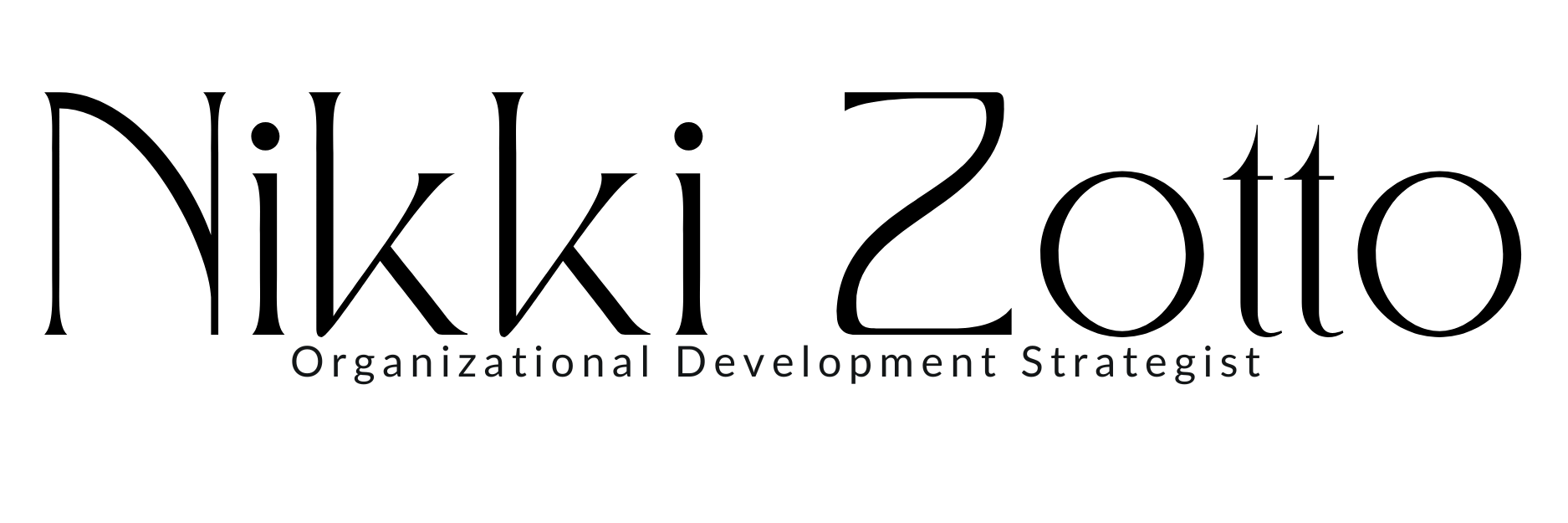The Power of Servant Leadership: Boosting Employee Performance and Morale
Servant leadership is widely regarded as having the most positive influence on employee performance and morale. This leadership style begins with self-development and extends to empowering and supporting followers, ultimately prioritizing the community (Meuser & Smallfield, 2023). It equips leaders to act ethically and with purpose while fostering a supportive environment where employees feel valued and motivated to achieve their career goals.
Leaders who practice servant leadership create an empathetic and supportive work environment. This can be enhanced through training leaders in perspective-taking and self-care practices (Liao et al., 2021). Implementing strategies such as psychological respites and social mindfulness exercises helps mitigate the potential depletion experienced by leaders, thereby sustaining their ability to engage in servant leadership behaviors effectively.
Employees under servant leadership often experience higher job satisfaction and engagement, as they feel valued and respected. This, in turn, enhances their motivation and productivity, leading to improved organizational performance. By prioritizing the well-being and development of employees, servant leadership not only drives individual success but also fosters collective success, making it a highly impactful leadership style for enhancing employee performance and morale.
In summary, servant leadership creates a thriving work environment where ethical action, employee support, and community focus lead to greater job satisfaction and productivity. Organizations that embrace this leadership style can expect to see significant improvements in both individual and organizational performance.


